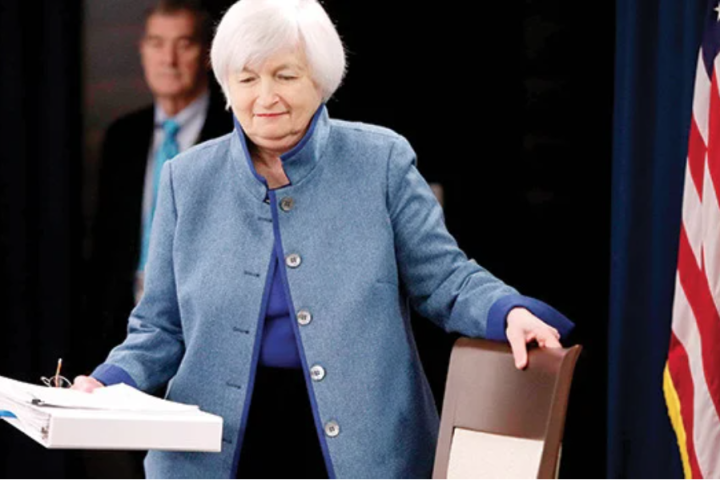A shortage of labor threatens prosperity. The current chaos in air traffic is a particular example of this. But there is a shortage of personnel everywhere. Experts and the business community are calling for immigration to be made easier – and are complaining about absurd conditions in the immigration authorities.
The growing shortage of skilled workers in many industries makes more and better managed immigration necessary, experts say. “One of the main problems is the recognition of vocational qualifications,” Herbert Brücker of the Institute for Employment Research (IAB) at the German Federal Employment Agency said Monday. “That’s the big construction site we have to get to and completely reorganize.”
Even beyond acute staff shortages at airports, in the catering industry or in various support jobs, for example, the country risks a lot if targeted immigration for the labor market does not proceed in a more efficient and structured way, he said. Otherwise, the social systems could be in more trouble than feared.
The head of migration, integration and international labor market research at the IAB estimates that the Federal Republic would need 400,000 to 500,000 immigrants a year to meet its total needs. “We are very far away from that.” The Skilled Workers Immigration Act does not do enough in this regard, he said. In addition, more in-service language programs need to be offered.
However, more efficient processes in the recruitment and support of foreign workers in application procedures are crucial first, Brücker said. Chambers and associations also bear a great deal of responsibility in the recognition of qualifications: “Training systems in other countries are not necessarily worse, but different.” The IAB expert advocated that job offers on hand should more often be taken as proof of qualification, provided that a minimum period of study or training is documented at the same time. “The real test then runs on the labor market.”
Thomas Ogilvie, Deutsche Post DHL’s chief human resources officer, also took part in a discussion in Hanover. He reported on “absurdities and inefficiencies” in recruitment – for example, when an applicant has a concrete job offer but then still has to participate in a lottery procedure for a visa appointment at the foreign mission. “Or a tolerated refugee still has to get approval from the foreigners authority for a trial day at the company without an employment contract. These are examples where the cat bites the tail.”
Conti boss: “Our social peace is at stake”.
Following the special regulation for airport personnel, the German government is also planning a simplified influx of workers for the hotel and restaurant industry. Ogilvie takes a rather critical view of special regulations exclusively for certain sectors: “If politicians make such a move, that’s good, but it shouldn’t be limited to individual sectors.” Basically, he says, the diagnosis regarding the shortage of skilled workers is clear: “Without a change of course, we will run into a situation where Germany will suffer a loss of prosperity.”
Continental’s head of human resources, Ariane Reinhart, said, “In the end, our social peace is up for grabs.” Youth unemployment is also unacceptable, she said. “We have to strengthen the issue of vocational training, especially for young people with an immigrant background.”
source: https://www.welt.de/





